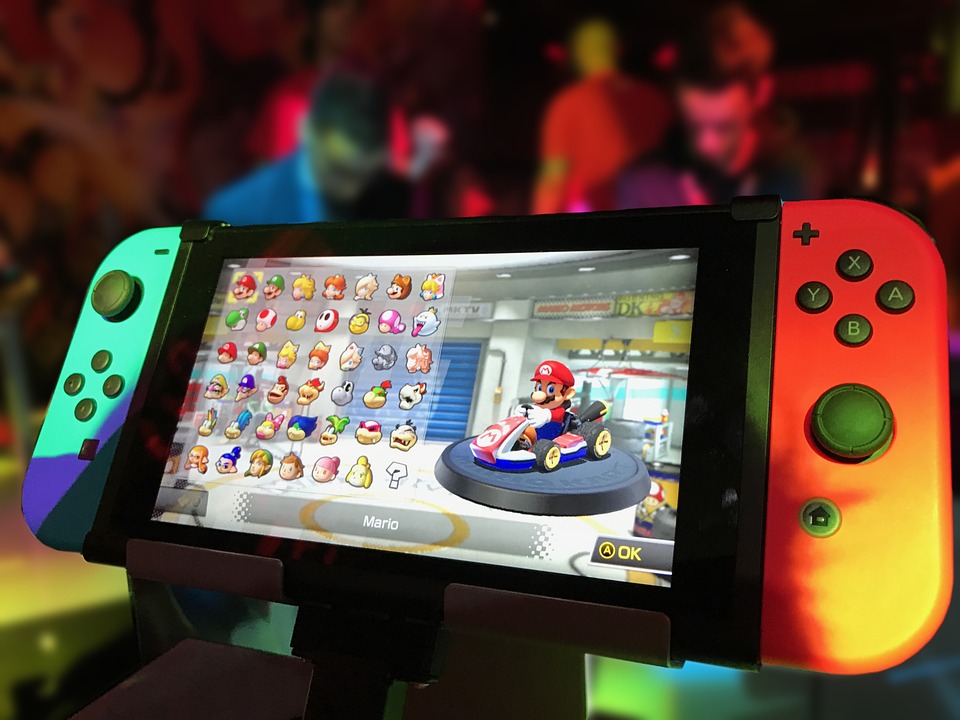The Health Benefits of Gaming: How Video Games Can Improve Cognitive Skills and Mental Health

[ad_1]
In recent years, video games have gained a bad reputation for being harmful to one’s health. However, research has shown that gaming can actually have numerous health benefits, particularly when it comes to cognitive skills and mental health. From improving memory and decision-making skills to relieving stress and anxiety, video games have the potential to positively impact various aspects of our well-being.
One of the main cognitive benefits of gaming is the improvement of memory. Playing video games requires players to remember complex sets of rules, paths, and strategies, which can help to enhance cognitive functions like working memory. Studies have shown that playing video games can also increase the size and efficiency of certain areas of the brain associated with memory and spatial awareness. This can have long-lasting effects on a person’s ability to retain and recall information in other areas of their life.
Another cognitive skill that can be improved through gaming is decision-making. Video games often present players with challenging scenarios that require quick thinking and strategic planning. By engaging in these simulations, players can develop their ability to make split-second decisions under pressure. This can translate to real-life situations where fast and effective decision-making is crucial.
In addition to cognitive benefits, gaming can also have a positive impact on mental health. One of the most well-known mental health benefits of gaming is stress relief. Playing video games can provide an escape from the stresses and pressures of everyday life, allowing players to relax and unwind. This can be particularly beneficial for those who suffer from chronic stress or anxiety, as gaming can provide a healthy and enjoyable outlet for emotional release.
Furthermore, gaming has been shown to improve mood and increase feelings of happiness and well-being. Studies have found that playing video games can stimulate the release of dopamine in the brain, a neurotransmitter that is associated with feelings of pleasure and satisfaction. This can help to elevate a person’s mood and reduce feelings of sadness or depression.
Additionally, gaming can also help to improve social skills and promote a sense of community. Many video games are multiplayer, allowing players to interact with others in a virtual environment. This can help to foster communication, teamwork, and cooperation, all of which are important skills for building relationships and navigating social situations in the real world.
As with any activity, it is important to practice moderation when it comes to gaming. Excessive gaming can have negative consequences on one’s health, such as increased sedentary behavior, poor sleep habits, and social isolation. It is important to strike a balance between gaming and other activities that promote physical and mental well-being.
FAQs:
Q: Can gaming really improve cognitive skills and mental health?
A: Yes, research has shown that gaming can have numerous benefits for cognitive skills and mental health, including improved memory, decision-making, stress relief, and mood enhancement.
Q: Are there any negative effects of gaming on health?
A: While gaming can have many benefits, excessive gaming can have negative effects on health, such as increased sedentary behavior, poor sleep habits, and social isolation. It is important to practice moderation and balance gaming with other activities that promote well-being.
Q: What types of games are best for improving cognitive skills?
A: Games that require strategic thinking, problem-solving, and memory retention are best for improving cognitive skills. These can include puzzle games, strategy games, and simulation games.
Q: How much time should I spend gaming each day?
A: It is recommended to limit gaming to no more than 1-2 hours per day to prevent negative effects on health. It is also important to take breaks and engage in physical activity regularly.
[ad_2]









